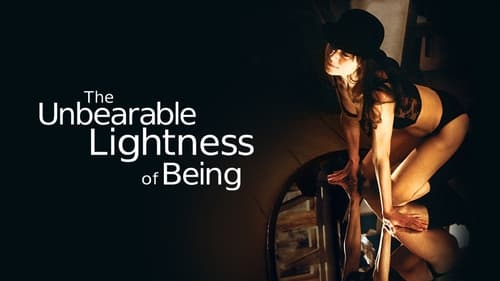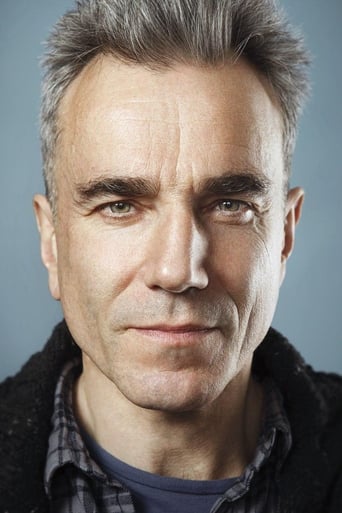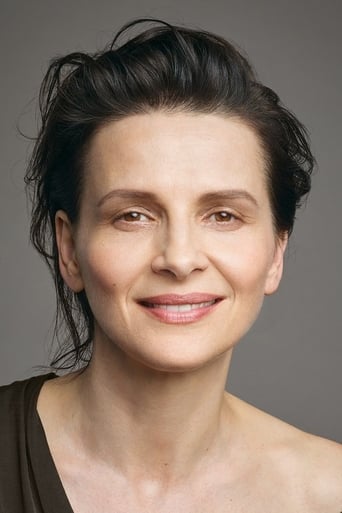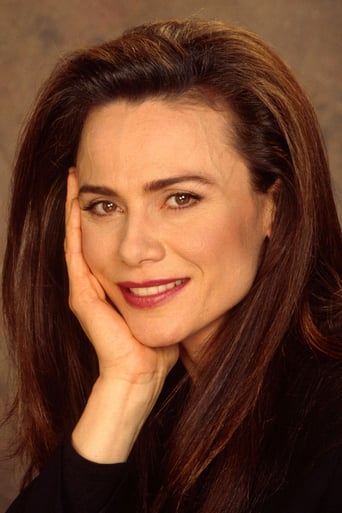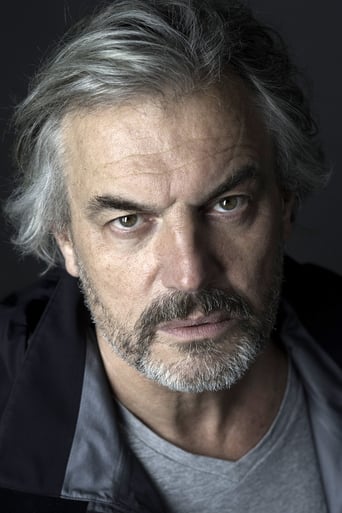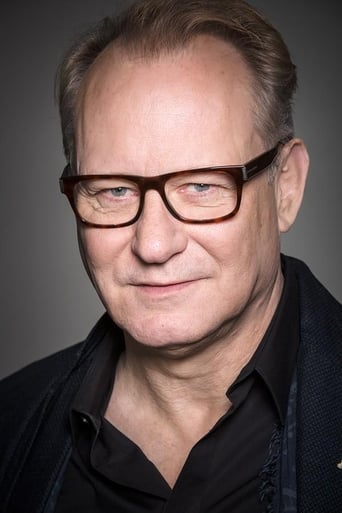Dynamixor
The performances transcend the film's tropes, grounding it in characters that feel more complete than this subgenre often produces.
Derrick Gibbons
An old-fashioned movie made with new-fashioned finesse.
Geraldine
The story, direction, characters, and writing/dialogue is akin to taking a tranquilizer shot to the neck, but everything else was so well done.
Billy Ollie
Through painfully honest and emotional moments, the movie becomes irresistibly relatable
gavin6942
In 1968, a Czech doctor (Daniel Day-Lewis) with an active sex life meets a woman who wants monogamy, and then the Soviet invasion further disrupts their lives.As someone who loves Milan Kundera, and considers him the greatest living novelist (as of 2015), this is a strange adaptation. While it has been several years since I read "Unbearable Lightness", I do not recall the preoccupation with sexuality. The Czech-Russian interaction is heavier in my mind. Of course, this could just be my memory and the aspects that stood out for me.In a note to the Czech edition of the book, Kundera himself remarks that the movie had very little to do with the spirit either of the novel or the characters in it. And that seems right to me, as the film completely removes the philosophy and reflections on Nietzsche. Jean-Claude Carrière and Philip Kaufman were nominated at the Academy Awards for Best Adapted Screenplay, which is interesting: should adaptations be literal or merely inspirational?
pc95
Here is a late 60s period drama set in former Czechoslovakia. It is done in beautiful detail and atmosphere. Lena Olin certainly is the best of the leads during this movie, a quite long 2 hrs and 45 min or so. She fills many scenes with her fabulous eyes and vibrancy. The other leads are also pretty good. With so much runtime, the movie amply explores the characters and their development in the volatile and changing world of communism. It examines love and especially sexuality of characters. Juliette Binoche and Daniel Day Lewis round the competent cast. Directed by Phillip Kaufman very well. Some of the best scenes were in the well-created backdrop sets mimicking the communist state. (spoilers) The tragic ending seems a bit misplaced and almost a footnote, although the movie is taken from a novel so may be called for. I liked it and am glad to have watched 7.5/10
paul2001sw-1
Milan Kundera's philosophical novel 'The Unbearable Lightness of Being' was always going to be difficult to film, a story of lives lived, ordinarily, against a backdrop of politics and eroticism. Philip Kaufamn's attempt is long, has a wonderful score, chooses to have its cast speak English in eastern European accents, showcases Juliet Binoche's beauty, and I think succeeds in avoiding the heaviness, the moral weight, that the story's characters find fundamentally absent from the business of simply being alive from one moment to the next. What it doesn't quite capture is the novel's intellectual playfulness, the authorial wisdom within which the original story was set, which in the book substitutes for the enforced narrative drive of most novels. Whereas some films are best enjoyed by those who haven't seen the source material, this one might work best for those who have: otherwise, some audiences could miss the point. Nonetheless, the ending is strangely affecting and true to the original story; and Daniel Day Lewis surprisingly good as a middle class Czech philanderer.
song_jh
I watched this movie on Korean TV, when I was about 16. It was dubbed into Korean, and I did not bother to try to understand it (English is my native language); actually I didn't even pay full attention to the video images, other than the sex scenes. Basically, it seemed to be about this (French?) poet-philosopher guy (Daniel Day Lewis), kinda crazy, who just goes around having sex with women. The sex scenes seemed pretty intense, with loud moans and shrieks by the women. The rest of the movie seemed boring with quaint European landscapes and historical cityscapes, the beauty of which a teenage boy shouldn't be expected to appreciate. Juliette Binoche was the guy's beautiful girlfriend or wife, who was always hurt by his womanizing but didn't divorce or break up with him (or did she in the end? I don't remember). I did not really understand the deep philosophy or message of the movie, if it had one.




